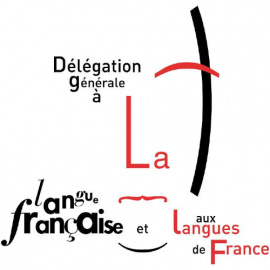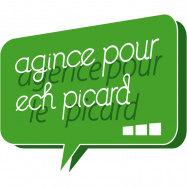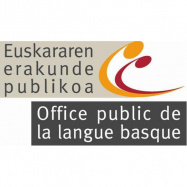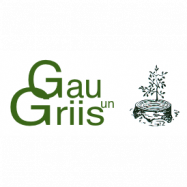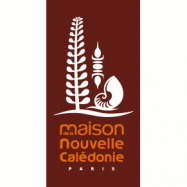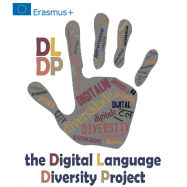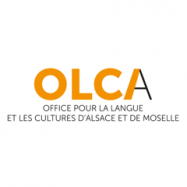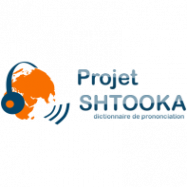LinguaLibre
LinguaLibre:Om
Lingua Libre är ett projekt som utvecklats av Wikimédia France och har som målsättning att bygga en samverkande, flerspråkig, audiovisuell korpus under fri licens för att:
- bygga ut kunskap om språk på språk på ett audiovisuellt sätt på webben, på och utanför Wikimedias projekt;
- Stötta utvecklingen av språkgemenskaper på nätet - särskilt de som är dåligt utrustade, minoritetsspråk, regionalspråk, talspråk eller teckenspråk - för att hjälpa gemenskaperna att ta del av information på nätet och försäkra livskraften för dessa gemenskaper.
Hur deltar jag?
Du kan använda Lingua Libre genom att utforska och återanvända inspelningar, bidra till korpusen genom att spela in ord, eller förbättra själva hemsidan, i samverkan med gemenskapen.
Inspelningsguiden låter en spela in kort ljudfiler (1 ord, 1 fras), för att kategorisera dem och publicera dem på Wikimedia Commons från en dator eller en telefon. För att göra det behöver du logga in eller skapa ett användarkonto. Användarguiden finns tillgänglig på hjälpsidan.
För att redigera sidor på hemsidan behöver man bara logga in och klicka på Redigera. Processen för att lägga till fler sidor är i två steg: skriv in titeln på sidan du tänker skapa i sökrutan, med prefixet LinguaLibre:. Ett meddelande kommer visas som uppmanar dig att skapa sidan. För större ändringar vore det bäst att fråga gemenskapen först.
Varför ska jag delta?
Lingua Libre kommer från observationen om flera brister på Wikimedias projekt och på nätet i allmänhet:
- Lack of diversity: While the web is in theory open to everyone, its content is far from representing all languages proportionally. More than 50% of websites are in English; only 301 of the world's 7000+ languages have a free encyclopedia [1], with a content that is inferior in quality and quantity to those of more endowed languages such as Wikipedia in English[1],[2]. In addition, these websites host content that broadly reflects and meets Western standards and needs through the medium of the written word, which explains and helps to perpetuate their lack of linguistic diversity.
- Lack of orality: Although languages are essentially spoken (only 4,000 of the world's 7,000 languages have a writing system)[4], knowledge sharing and communication via new information and communication technologies (NICTs) is mainly done in writing, particularly on the web, despite the rich multimedia format it allows. This mediation of the oral through the written word raises many barriers to contribution, such as the use of Unicode characters, the culture of the written word, the orthographic standardisation of the language or the literacy rate of the community.
- These lacks of diversity and orality limit the ability of Internet users to communicate and contribute online to various web platforms where they cannot find content and communities sharing their language. Among the regional minority languages that are oral or signed, they threaten in particular the poorly endowed ones, many of which are currently in danger of extinction and for whom inclusion on the web is a major challenge and opportunity.
- Indeed, of the 7000 languages in existence today, it is estimated that only 2500 will survive to the next century and only 250 (less than 5%!) will make their digital ascent — i.e. be used regularly for communication purposes in the digital space by native speakers who are comfortable on the web — a factor which is yet essential for their vitality[5]. Current initiatives by linguists and activists to document and share data, resources and content online in the languages to be preserved do not directly contribute to the development of a digitally-ascendant linguistic community of Internet users, and thus remain limited in their impact.
- Lingua Libre aims to make up for this lack of support by placing itself at the service of linguistic communities wishing to insert and promote their language into the digital space by exploring alternative means of communication to the written word, in the hope that this will free up online communication in a growing number of languages. This objective favours by its very nature regional minority languages that are poorly endowed in terms of oral or signed language, but also benefits more endowed languages that wish to highlight their oral and visual aspects. To fulfil its mission, Lingua Libre offers an online solution for mass recording, leading to the publication of a collaborative multilingual audiovisual corpus under free licence, whose vocation is information through consultation, and revitalisation by triggering the contribution of new language communities on Lingua Libre and then outside.


